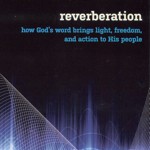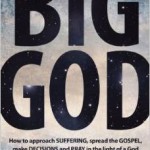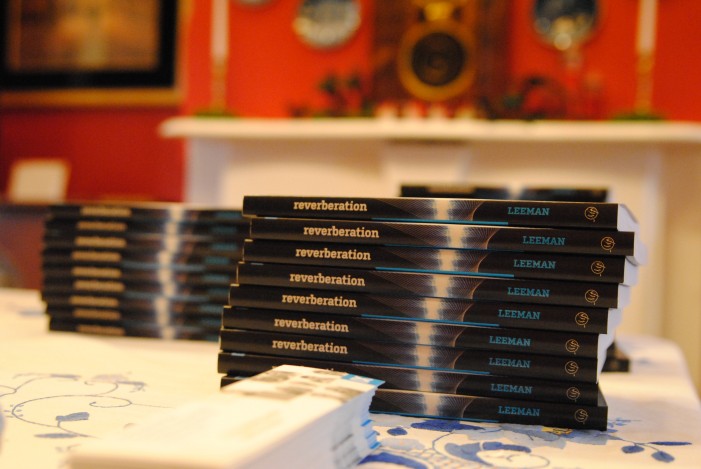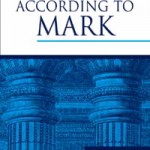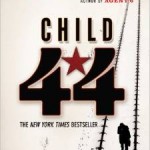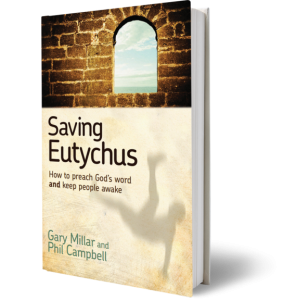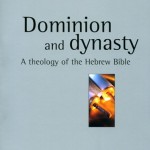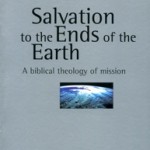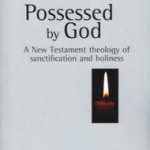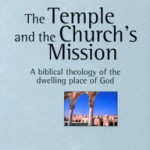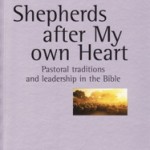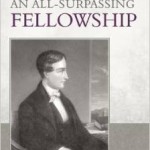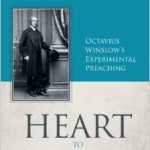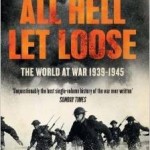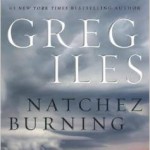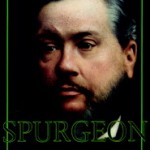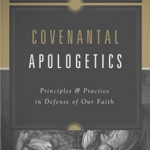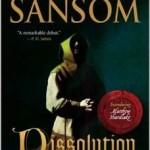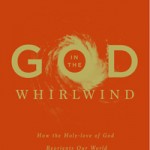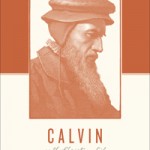We just wrapped up a ten-month series in Mark and will soon move on, Lord willing, to a study of Job. And so I find myself in a grand stage of sermon prep when hefty shipments of commentaries land on the doorstep.
Nothing shakes the book budget like starting a new sermon series, for good commentaries are no cheap addition to one’s library. Discerning which resources are worth the cash money can be difficult for preachers young and old. Thus, it is always good to have a few friends on speed dial when deciding on which commentaries to purchase. Here are a few companions I have found most helpful:
COMMENTING ON COMMENTARIES
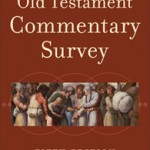 Old Testament Commentary Survey by Tremper Longman. Even though Longman has, in the past decade, gone too far in questioning things like the historicity of Adam his survey of OT resources is still quite useful. The publisher says, “The fifth edition has been updated to assess the most recently published commentaries, providing evaluative comments. Longman lists a number of works available for each book of the Old Testament, gives a brief indication of their emphases and viewpoints, and evaluates them.”
Old Testament Commentary Survey by Tremper Longman. Even though Longman has, in the past decade, gone too far in questioning things like the historicity of Adam his survey of OT resources is still quite useful. The publisher says, “The fifth edition has been updated to assess the most recently published commentaries, providing evaluative comments. Longman lists a number of works available for each book of the Old Testament, gives a brief indication of their emphases and viewpoints, and evaluates them.”
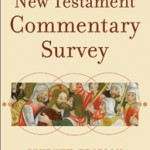 New Testament Commentary Survey by D.A. Carson. Carson’s survey is an absolute must have for every pastor. Exactly how the man continues to publish individual works, teach, preach, and still stay up to date on the most recent works published on each NT book is beyond me. The man is, flat out, a gospel-drenched machine. If you are soon to preach a series on any New Testament book, buy Carson’s survey before you purchase anything else.
New Testament Commentary Survey by D.A. Carson. Carson’s survey is an absolute must have for every pastor. Exactly how the man continues to publish individual works, teach, preach, and still stay up to date on the most recent works published on each NT book is beyond me. The man is, flat out, a gospel-drenched machine. If you are soon to preach a series on any New Testament book, buy Carson’s survey before you purchase anything else.
Keith Mathison’s Top 5 Commentaries on Every Book of the Bible. Mathison is academic dean and professor of systematic theology at Reformation Bible College. He is author of many books, including From Age to Age: The Unfolding of Biblical Eschatology and a personal favorite on the Lord’s Supper entitled, Given for You: Reclaiming Calvin’s Doctrine of the Lord’s Supper. A few years ago he started a series of posts over at Ligonier on the top five commentaries on particular books of the Bible and I find myself rarely disagreeing with his assessments. If you are looking for quick hit, trustworthy recommendations Mathison is a fantastic friend to consult.
Challies’ Best Commentaries on Each Book of the Bible. Challies writes, “Over the past couple of years I have focused on building a collection of commentaries that will include only the best volumes on each book of the Bible. I know when I’m in way over my head, so before I began I collected every good resource I could find that rated and reviewed commentaries. I studied them and then began my collection on the basis of what the experts told me. Since I did all of that work, and since I continue to keep up with the project, I thought it might be helpful to share the recommendations.” His focus, admittedly, is on recent publications, but it is nonetheless helpful in synthesizing the various recommendations of conservative evangelical scholars. Very useful.
Commenting & Commentaries by Spurgeon. If you’ve never used it before, spend some time with Commenting and Commentaries for two reasons: 1) Spurgeon will point you to valuable and lesser known commentaries from centuries gone by, and 2) his remarks are pointing and often funny. Consider what he says about Caryl’s infamous work on Job, “Caryl must have inherited the patience of Job to have completed his stupendous task (it took Caryl over twenty years to get through the book). It would be a mistake to suppose that he is at all prolix or redundant; he is only full. In the course of his expounding he has illustrated a very large portion of the whole Bible with great clearness and power. He is deeply devotional and spiritual. He gives us much, but none too much. His work can scarcely be superseded or surpassed.”

